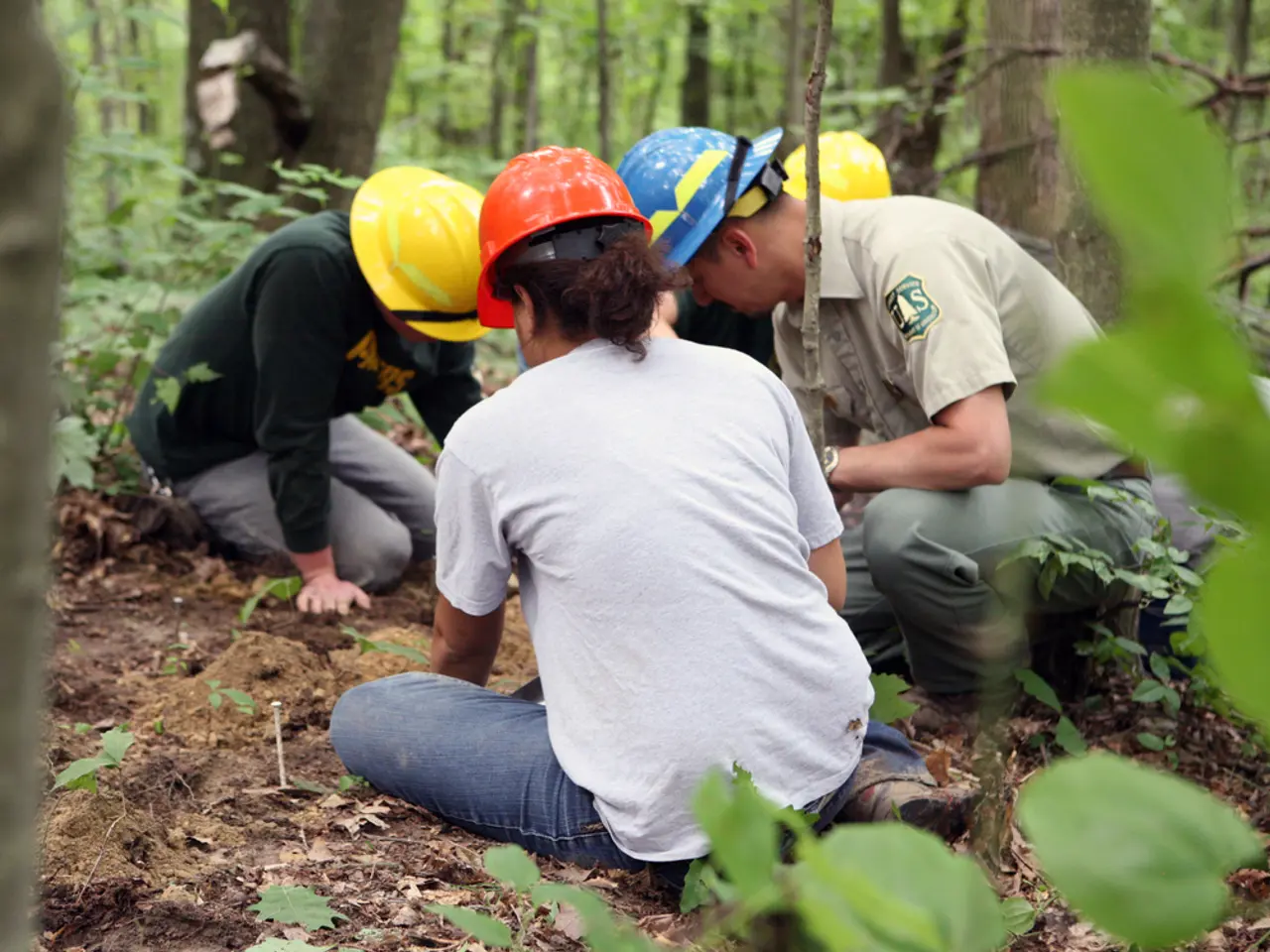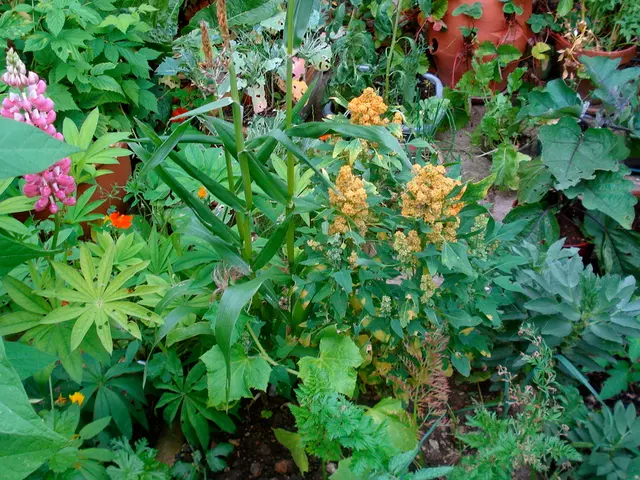Simplifying Gardening for Parkinson's Sufferers: Effective Strategies for Reducing Anxiety
Gardening can serve as a therapeutic workout, offering a host of physical and mental benefits. Tasks like digging, weeding, and planting can boost your:
- Flexibility
- Strength
- Coordination
- Dexterity
- Balance
- Heart health
Immersing yourself in nature brings your senses to life, with vibrant flowers and the rich earthy aroma tension-relieving. Tending to plants and watching them grow fosters a sense of accomplishment and purpose, contributing to your self-esteem and resilience.
Gardening offers a reprieve from Parkinson's-related stress, as spending time outdoors in the sunlight aids in vitamin D production and boosts your overall mood. However, Parkinson's may make gardening feel more like a chore than a pleasure due to symptoms like:
- Tremors, making precise tasks like planting and pruning difficult
- Stiff muscles, making it hard to bend, kneel, or reach
- Balance and coordination issues, causing a higher risk of falls and injuries
- Fatigue, limiting your gardening sessions
- Cognitive difficulties and memory problems, affecting your ability to maintain a garden
- Lack of motivation, causing tasks to pile up
Other health issues like arthritis, back pain, or breathing problems can further complicate gardening. Nevertheless, you can adapt to ensure safe and easy gardening with the right adjustments.
Choose the Right Tools:
- Opt for tools with ergonomic handles and light materials to minimize stress on your joints and muscles.
- Select wheeled lawn mowers for effortless mowing and lighter tasks.
- If possible, use padded kneeler cushions with handles for kneeling and standing without straining yourself.
- Sit on a height-adjustable stool or bench to avoid bending or squatting.
- Utilize wheelbarrows or trolleys for transporting heavy items.
Adjust Your Environment:
- Grow plants in raised beds or containers to minimize bending and kneeling.
- Install handrails for stability, especially if you have issues with balance.
- Consider low-maintenance plants and artificial grass or paving for easier garden upkeep.
- Keep garden paths clear to prevent accidents.
- Fix any loose or uneven paving to ensure a safe walking surface.
Plan and Prioritize:
- Break tasks into smaller, manageable steps and take regular breaks to prevent fatigue.
- Schedule other strenuous tasks on different days to conserve energy.
- Organize your garden in an easy-to-navigate layout to streamline gardening tasks.
Sources:- Emma Bracher, Occupational Therapist- Parkinson's UK
- Gardening's therapeutic benefits extend beyond physical fitness, often playing a role in health-and-wellness and mental-health by reducing tension and fostering a sense of accomplishment.
- Science has shown that engaging in activities like gardening can boost heart health, offering an effective fusion of fitness-and-exercise and home-and-garden hobbies.
- Homeowners with health issues like arthritis or back pain can adapt their gardening routines with the right tools, such as ergonomic handles, wheeled lawn mowers, and height-adjustable stools, to ensure a safe and enjoyable lifestyle.
- To alter the environment and accommodate various health conditions, gardeners can grow plants in containers, install handrails for stability, and maintain clear paths to minimize the risks of accidents and injuries.







